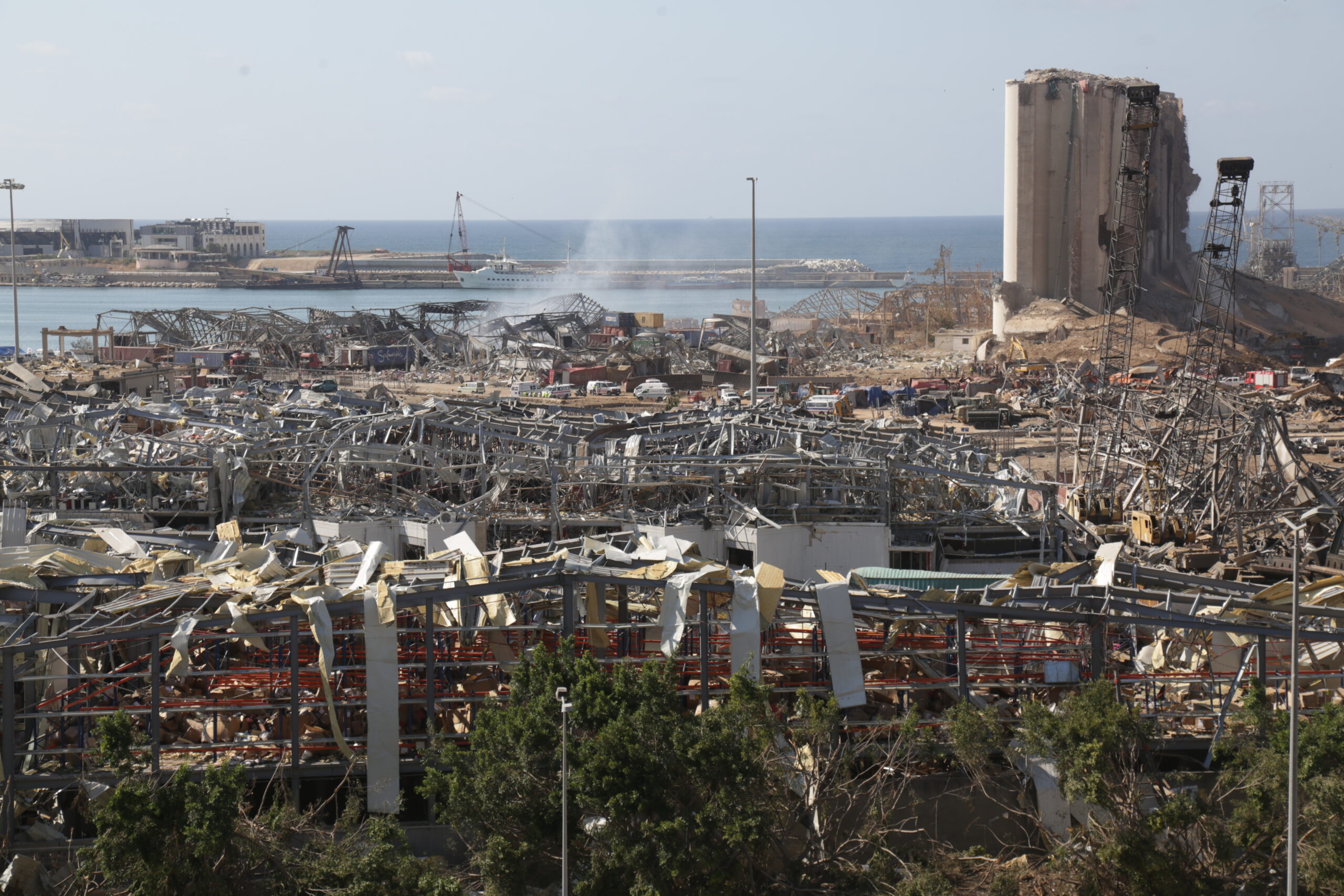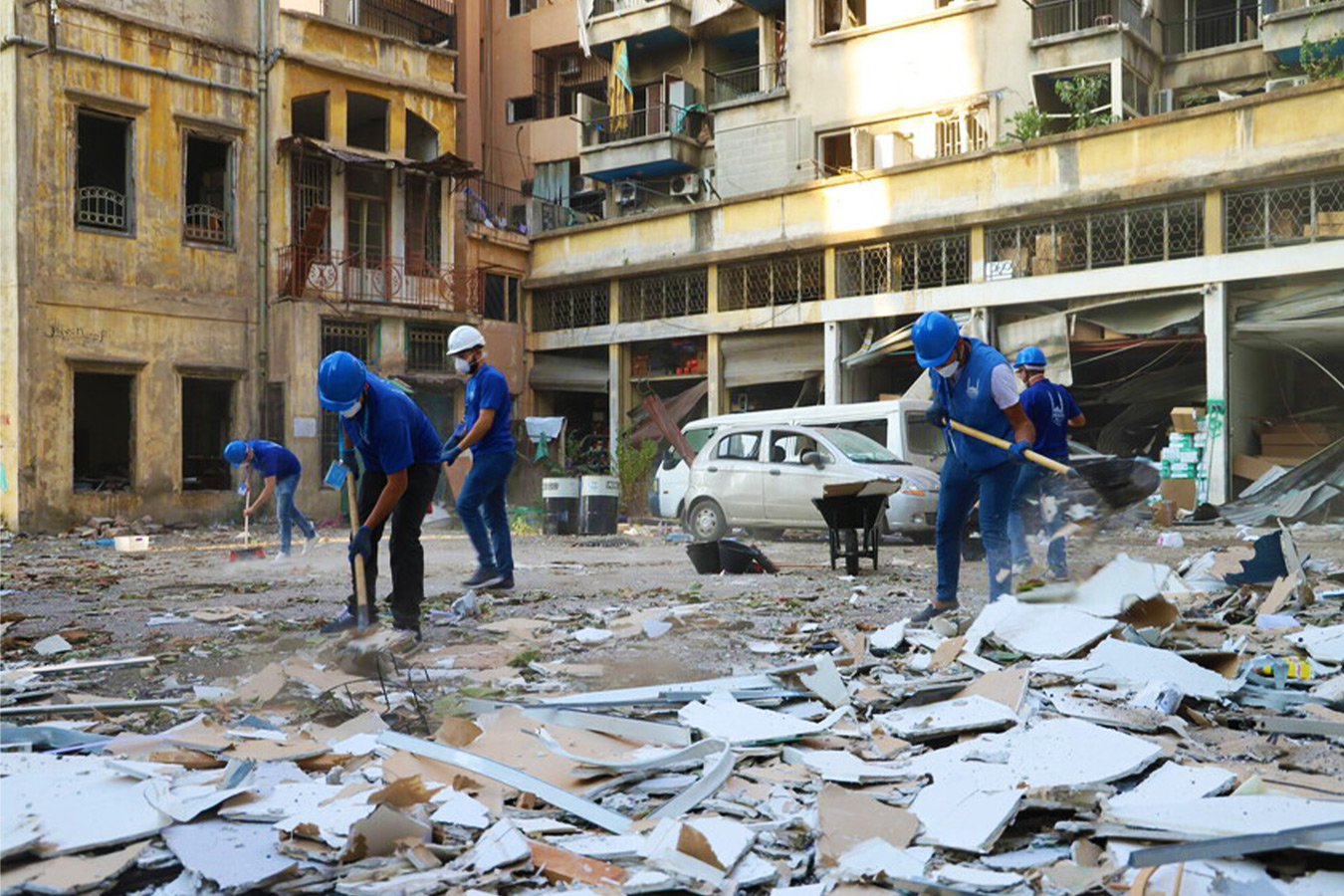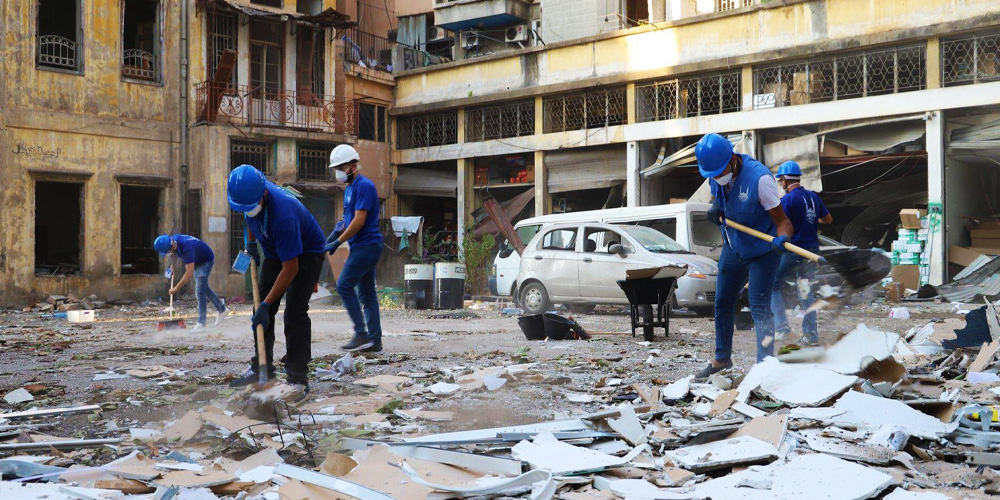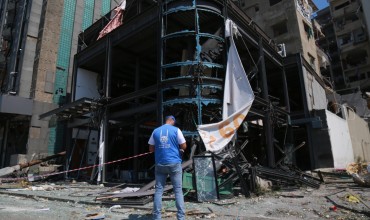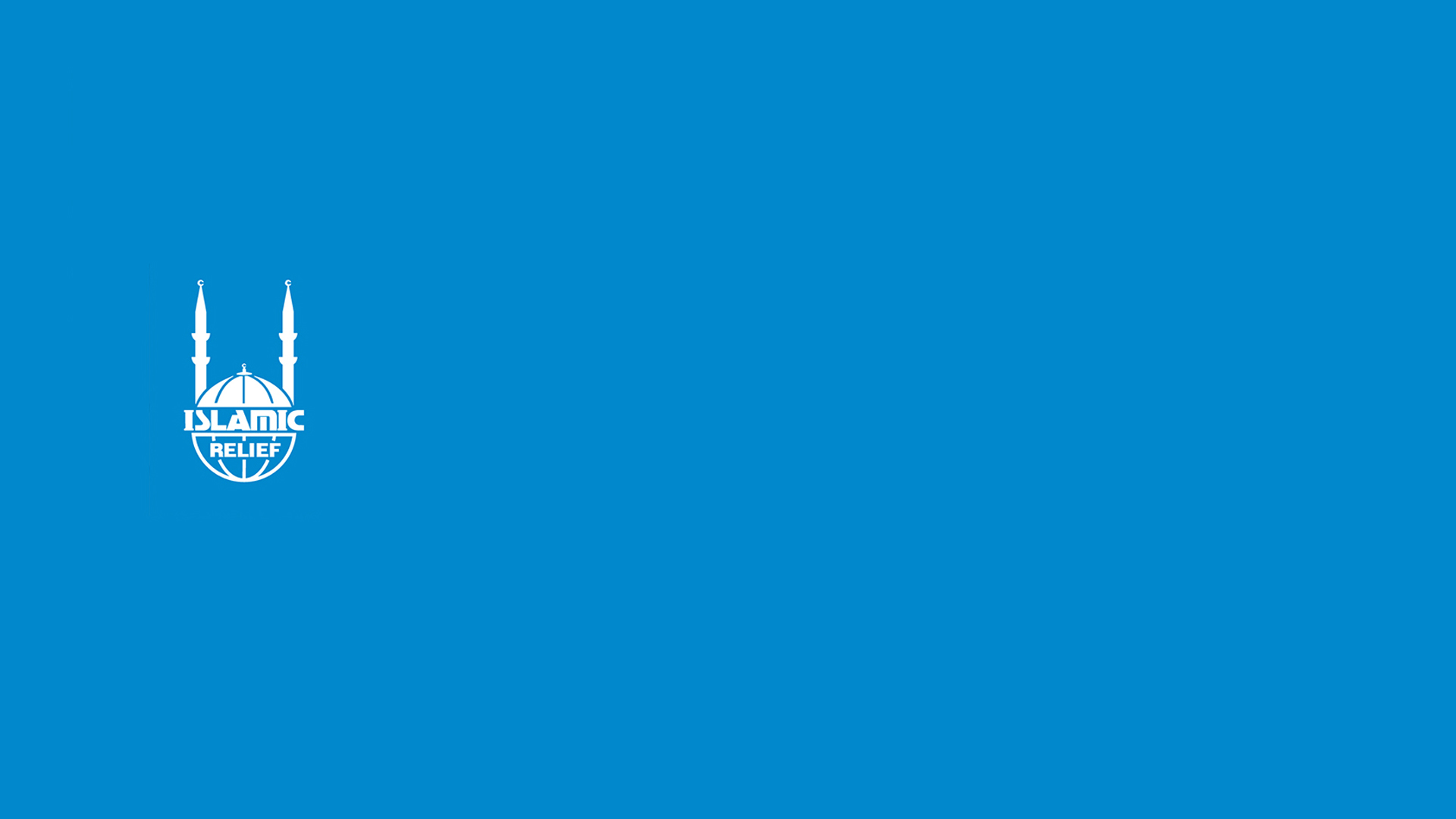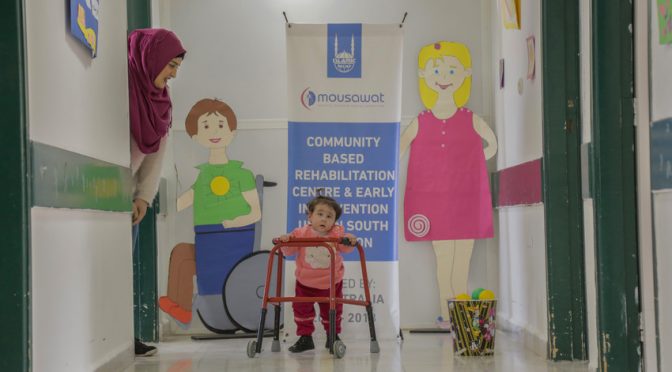
10.01.18
Supporting Disability Rights in South Lebanon Disability Centre
The Community Based Rehabilitation Centre in South Lebanon, Ain el Helwe, is an ongoing project supported by Islamic Relief Australia . The project primarily focuses on supporting disabled Palestinian refugee children who have settled in South Lebanon.
The Centre provides individuals with physiotherapy, speech therapy and occupational therapy services in addition to sessions in special education and psychotherapy.


At The Beginning of the Program
The demand for high quality rehabilitation services is increasing with the current lack of information about disabilities within the community. The project has resulted in many children regaining mobility to the point that they no longer need care.
Despite the demand for special-need services, the community negligence on disability rights has affected integration, education access and opportunity for many individuals with special needs.



Current Perspectives Towards Disability in Lebanon
In 2000, Lebanon’s Parliament passed the Law 220/2000 which concerns the rights of persons with disabilities. In 2007, Lebanon signed the UN Convention on the Rights of Persons with Disabilities. Yet, many challenges remain and experts in the field of assisting people with disabilities believe that the latter is far from being implemented.
For instance, in the health sector in Lebanon, disability cards which are funded by the Lebanese state and entitle holders to free hospitalization, are not respected in most government hospitals. Disability cards are only awarded to Lebanese citizens with around 80,703 holders to-date.
A statistic released by the Lebanese Ministry of Social Affairs shows that almost half of the people who obtain a disability card are uneducated. The Ministry has only rendered five schools accessible for persons with physical disabilities, while a great number of public schools still refuse the enrolment of students with disabilities.
Human Rights Watch released a 75 page report earlier this year on Schools in Lebanon Discriminating Against Children with Disabilities. Few schools in Lebanon have taken steps to address the public issue, with recent policies going underway in 2018 to provide children the right of education.

Lebanese People Lack Access to Special Need Services, But it’s worse for Palestinian Refugees
While Lebanese people with special needs suffer from scarcity of services, these services are almost unavailable for the Palestinian refugees in Lebanon. According to UNRWA, one-third of Palestinian refugees suffer from chronic illnesses and 4% from functional disabilities; 95% of them do not have any public or private health insurance.
Palestinians, whether Palestinian Refugees in Lebanon (PRLs) or Palestinian Refugees from Syria (PRSs), cannot benefit from the health services provided by the public or private hospitals in Lebanon as Lebanese do, and the Palestinians can only benefit from UNRWA services. In early 2016 UNRWA announced it is suffering from an acute shortage of funds which pushed them to further decrease the coverage of their medical and health coverage.
Teaching the Community to Accept People With Disability
As the community needs this service, since the onset of the project, a high number of applicants have contacted the center for support. This reflects and emphasizes the importance of sustainability in such a project, as the cessation of services resulted in some children stopping progressing.
The current project is based on a ‘social model’ that addresses disability and communicate with the public, that people with disability should not be excluded from public space ad everyday life, and ensure acceptance and integration of people with disability in the South Lebanon community.
The project holds recreational activities to tackle current anti-disability sentiments. We invite parents of the children, community members and older people with disabilities to take part in recreational activities.
The project interacts with the South Lebanese community. People with disability should not be excluded from public space and everyday life. In the long term, we aim to deliver acceptance and integration of PWDs in Lebanon.
Community awareness day was held for over 800 people that was as inclusive event involving theatre, painting, dancing and speeches honouring mothers for their commitment and ongoing support.



The Community Awareness Event Invited Elder PWD’s
Elder PWD’s took part in the inclusive community event to promote their acceptance and integration into wider society.


Supporting Parents of Children with Disabilities
Workshops on how to better improve lifestyle with the parents of the children were conducted. In response parents expressed their way of dealing with their children had improved due to the training they received with the psychologist on stress management and debriefing techniques.
Coaching sessions were provided to increase the knowledge of parents on a variety of topics such as basic needs, stages of development of children as well as fatherhood and motherhood. Parent committee meetings were held and created a healthy space for parents to discuss common problems and difficulties encountered. Parents were able to provide peer support for one another and feel a sense of togetherness and ability in addressing the needs of their children.


Gender Equality of the Project
Gender Equality was a critical element to achieve. The project wanted an equal number of males and females to access the services. We aimed to deliver to children with disabilities according to need and regardless of their gender to maximise opportunities.

The project has been an ongoing success, with an increasing demand for the service as it has strongly benefited PWD’s. The project has played a role in delivering the sentiment, that PWD’s are just as capable and competent to take part in society.
Islamic Relief Australia would like to thank its donors, stakeholders and field officers in Lebanon who have donated to the Centre and provided opportunities for those in most need to improve their living conditions.

